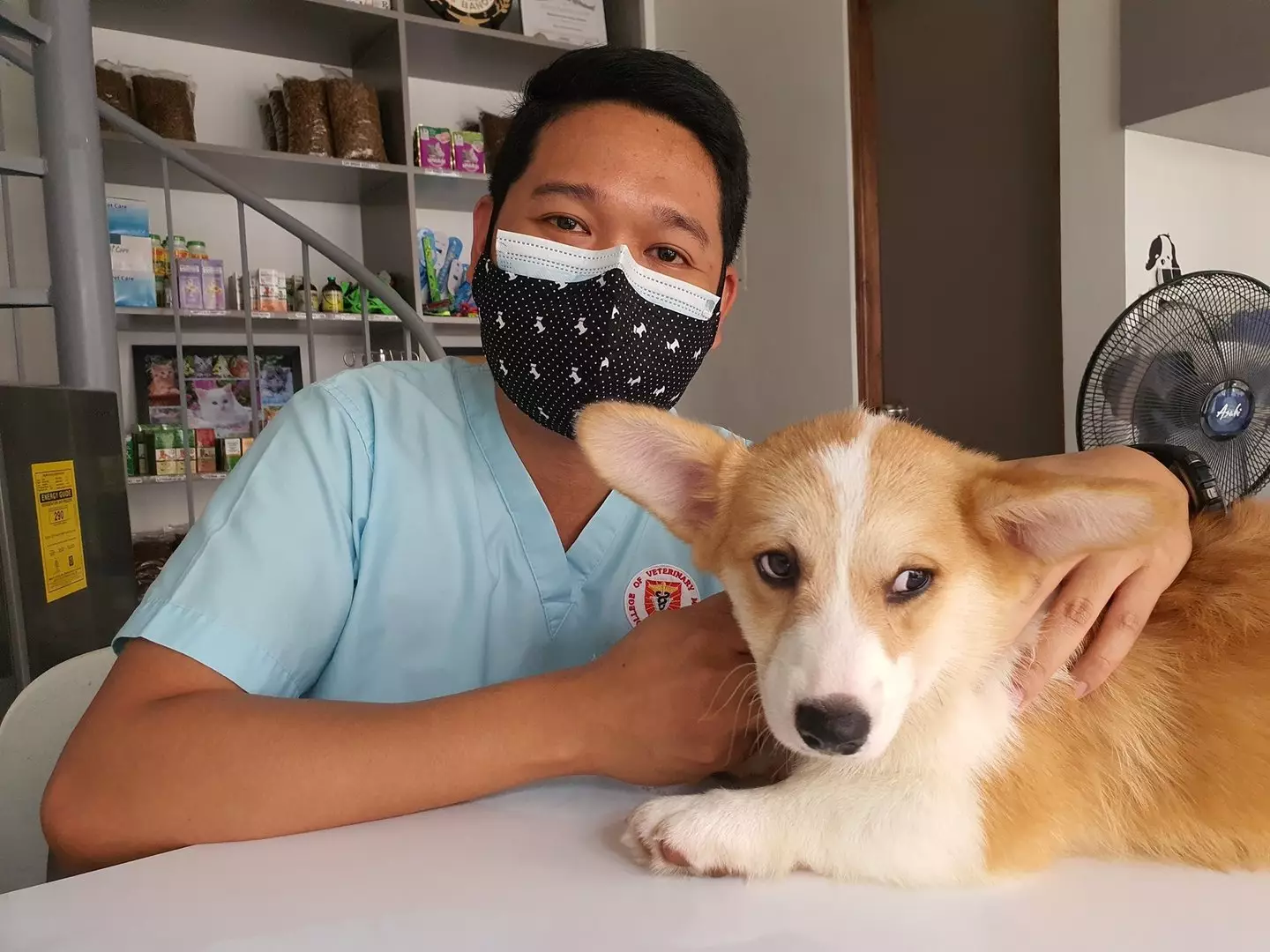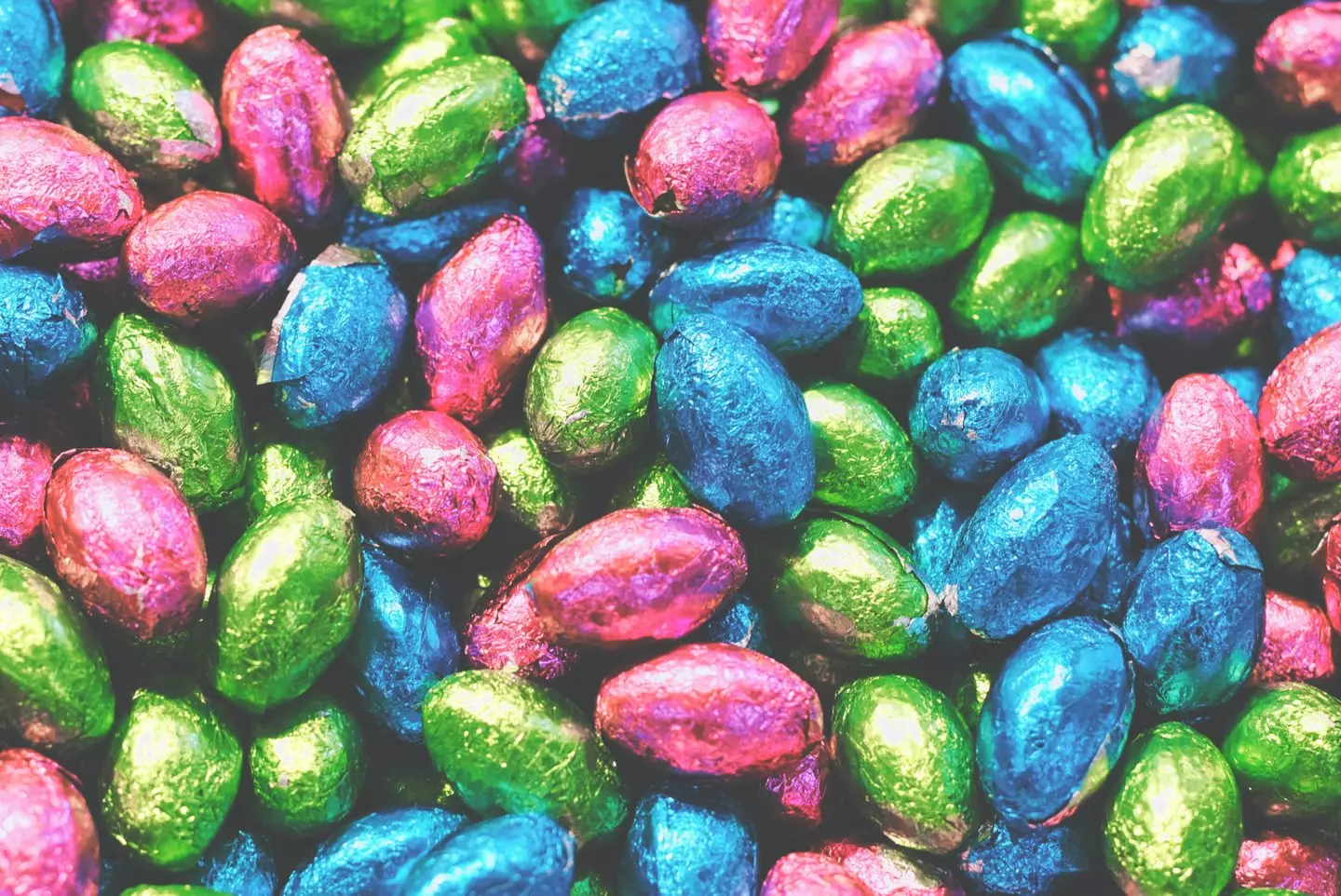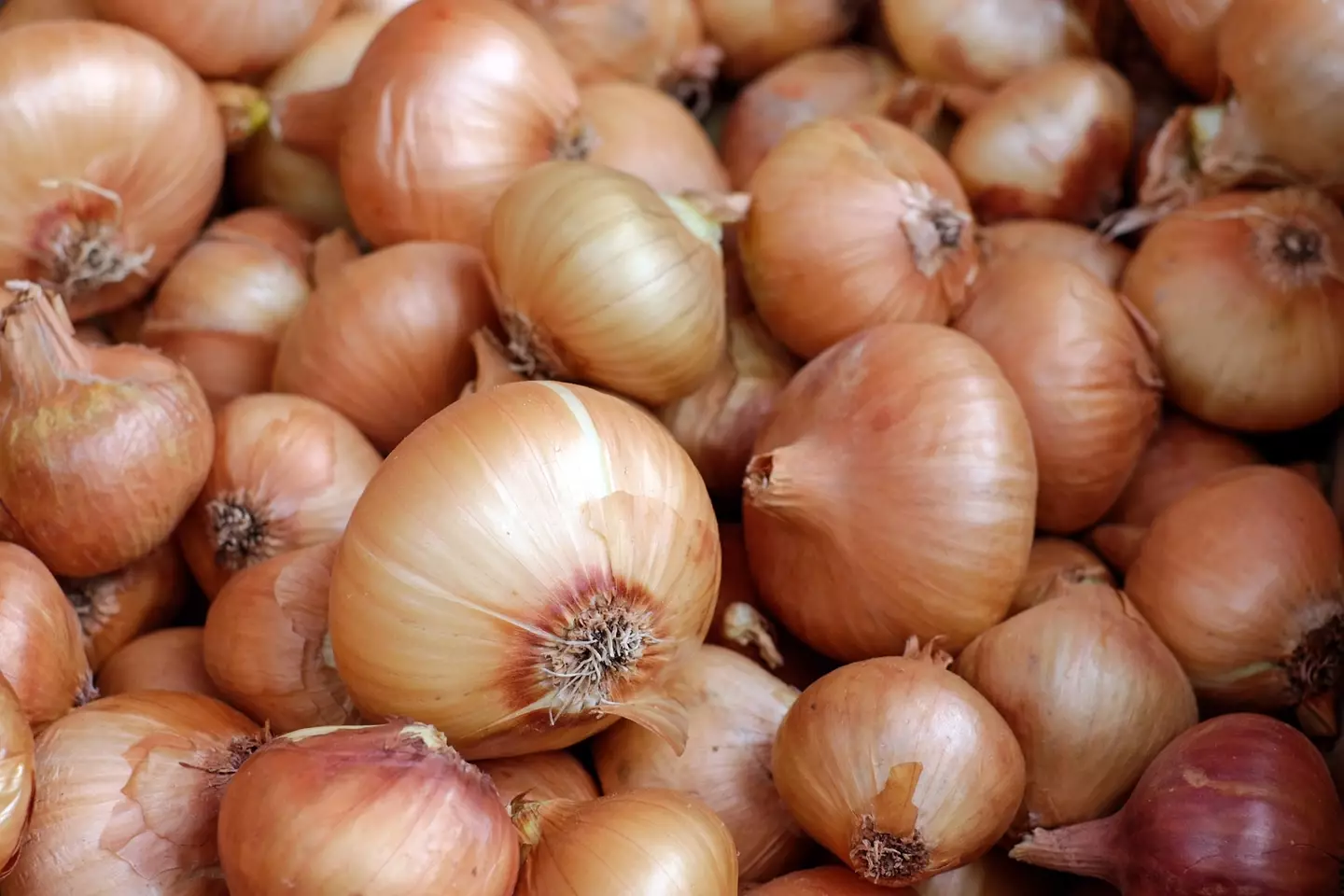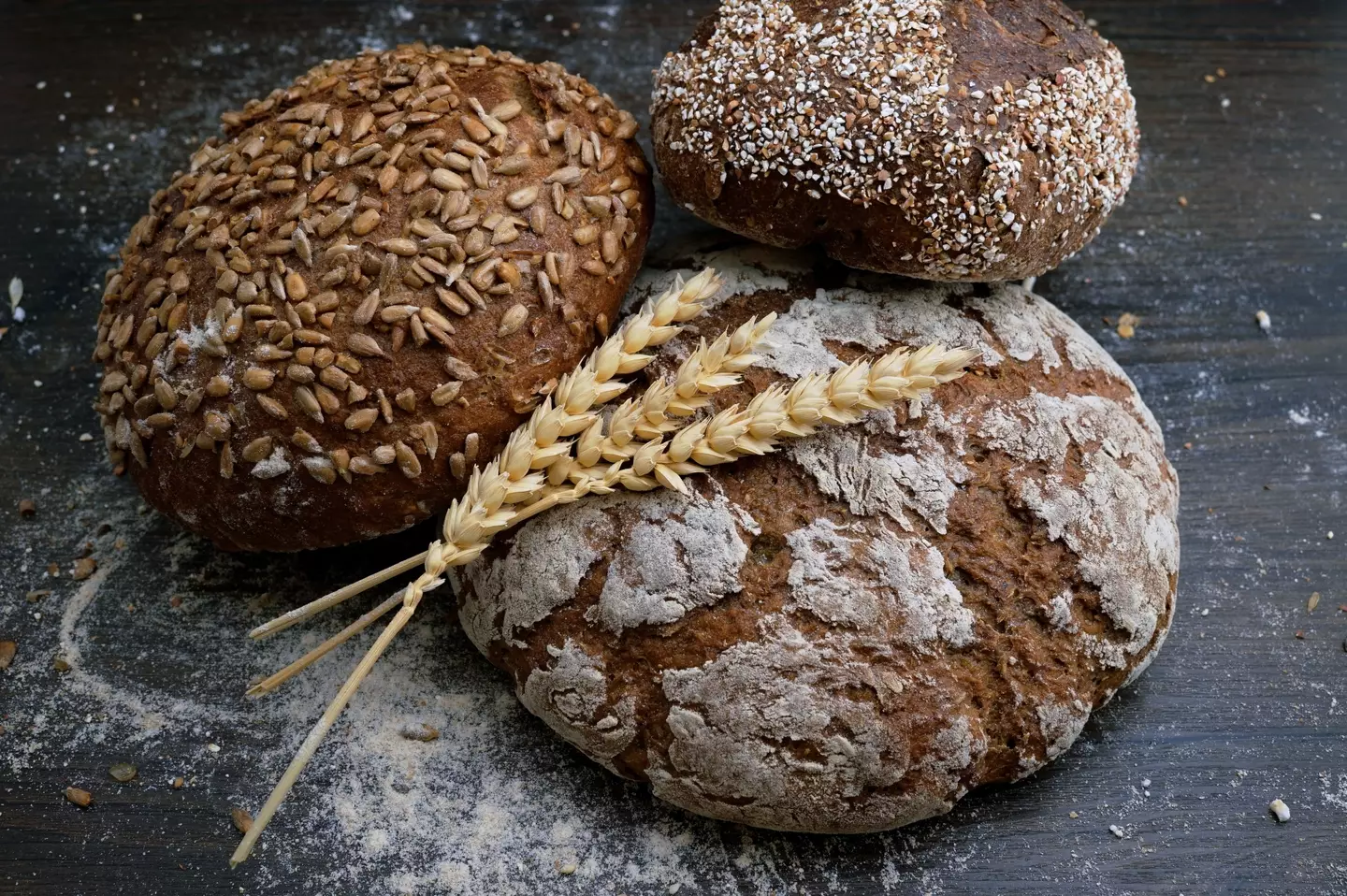
A pet is just another member of the family, right? So, it’s only natural to want to make your dog feel included at mealtimes.
But before you reach from your own plate onto your precious pooch’s bowl, it’s important to recognise that not all human foods are pet-friendly ones.
From the lesser-known ‘toxic’ foods like lemons, to the well-known dangers of chocolate and raisins, pet owners are being urged this bank holiday weekend which foods to avoid.

Which foods are ‘toxic’ to dogs?
1) Chocolate
Chocolate is a well-known danger to dogs, and with Easter just around the corner, Amy Luker, senior training vet surgeon at Dogs Trust has reminded us just how lethal this sweet treat can be to our pets.
Advert
“Chocolate contains a substance called theobromine which is toxic to dogs. Chocolate toxicity can affect a dog’s central nervous system, heart and kidneys, and can even be fatal without prompt veterinary attention,” Amy tells us.

Despite chocolate being poisonous to dogs, “many dogs like the taste of it, so it’s really important to ensure that any chocolate is kept well out of reach of your dog and that dogs are not left unsupervised in areas where chocolate is accessible.”
Symptoms of chocolate toxicity: vomiting, diarrhoea, incoordination and restlessness, excessive thirst, excitability, racing heart rate, drooling, tremors, and in severe cases, seizures.
2) Raisins and dried fruit
While raisins are another known ‘toxic’ food to our furry friends, it’s important to note that other related dried fruits like sultanas and currents are just as worrying if your dog was to get their paws on them.
“Dried fruit such as raisins, sultanas and currants, which are often found in hot cross buns and Easter cakes, can also be very toxic to dogs and may even lead to kidney failure,” Amy says.
“Seek prompt veterinary advice in case of ingestion is essential.”
Symptoms of raisins and dried fruit toxicity: Vomiting, diarrhoea, lethargy, salivation, and changes in thirst and urination.
3) Xylitol
While this sugar-free sweetener can be better for us humans in some cases than sugar, in dogs it’s another no-go.
Xylitol (E967) can be found in cakes and sweets, as well as chewing gum, mouthwash, toothpaste and supplements.
“In dogs, xylitol ingestion can lead to dangerously low blood sugar levels, coma, seizures, and in severe cases, even death,” Amy explains.
Symptoms of xylitol toxicity: low blood sugar, seizures and comas.
4) Onions
Onions are a popular root vegetable for us humans which we love to add to our home-cooked meals to add some flavour. However, onions are “toxic and shouldn’t form a part of your dog's diet,” Alison Frost, ProDog Raw’s canine nutritionist, tells us.

“Onions can cause gastrointestinal irritation and red blood cell damage, with these symptoms sometimes taking days to present themselves. You might not have realised onion was the cause of your pooch’s tummy upset.”
Symptoms of onion toxicity: stomach issues and red blood cell damage. Symptoms can take a few days after ingesting onions.
5) Macadamia nuts
If you’re looking for a healthy snack, nuts, including the macadamia kind might be the first thing you reach for.
However, Alison explains how “macadamia nuts contain toxins which can negatively affect dogs’ muscles and nervous systems.”
Symptoms of macadamia nut toxicity: weakness, fatigue, distress, panting and swollen limbs.
6) Corn on the cob
While sweetcorn itself is fine for dogs to eat, and is even included in some dog food as an extra way for your pooch to eat some fibre and veggies, corn on the cob is a hidden danger for dogs.
“Whilst corn might sound healthy, it isn’t! Sweetcorn itself is fine for dogs, but the husks can cause blockages in their intestines and in some instances be fatal.
“Thankfully, there are lots of risk-free veggies they can enjoy, such as lightly steamed spinach and broccoli,” Alison says.
Symptoms of corn on the cob toxicity (and a general intestinal blockage): lack of appetite, vomiting, diarrhoea, abdominal discomfort (licking or scratching excessively at their tummies or flinching when you try to touch their tummy).
7) Gluten
Whilst humans have recognised that not everyone is able to digest gluten, it turns out that pups can’t digest it, either!
Alison says: “Gluten-free diets have soared in mainstream popularity over recent years and, as it turns out, they should be commonplace amongst dogs too!

“Why? We now know that lots of dogs struggle to digest it safely; gluten simply isn’t species-appropriate.”
Symptoms of gluten intolerance in dogs: loose stools, diarrhoea, mucus in their stools, constipation or flatulence.
8) Chilli peppers
Whether you love chilli or loathe it, it’s important to keep chilli peppers away from your dog.
“Chilli peppers aren’t entirely poisonous for dogs,” Alison states. “However, they are dangerous.
“Chillies cause irritation in dogs’ guts, as they contain the compound capsaicin, which is often too harsh for their digestive tracts to cope with.”
Symptoms of chilli toxicity: burning sensation in the mouth and throat, extreme thirst and upset stomach.
9) Lemons
Our favourite bitter yellow fruit, which has so often been hailed for its detoxing properties, is actually poisonous to dogs.
“Lemons are generally not dog-friendly fruits; the skin/rind contains compounds called psoralens which are toxic for dogs, often causing severe digestive problems.
“Plus, most dogs don’t like the taste! Thankfully, they can eat so many other fruits which are completely safe,” Alison reiterates.
Symptoms of lemon toxicity: cold limbs, collapse, depression, diarrhoea, excessive drooling, lethargy, liver failure, loss of coordination, low blood pressure, photosensitivity, rash or skin irritation, tremors, vomiting and weakness.
10) Milk
While cow’s milk may seem like a comforting drink to give your pup, it’s definitely one to avoid for dogs.
“Milk and other whole dairy products contain lactose, a sugar which many dogs are intolerant to. Like some humans, lots of dogs lack the enzyme needed to digest lactose, lactase. Without this, dogs will experience unpleasant gastrointestinal symptoms,” Alison says.

However, if you are looking for a nutritious drink to give your pet, sheep and goats milk is a suitable alternative.
“Milk from goats and sheep has a different composition, meaning it’s more easily digested by dogs. If you can source this raw, that’s even better! Raw milk is rich in beneficial probiotic bacteria,” says Alison.
Lactose intolerance in dogs: diarrhoea, gas, and vomiting.
If you’re worried about your dog eating something they shouldn’t have done, it’s important to contact your vet immediately.
“If you suspect your dog has ingested something potentially toxic, it is essential that you contact your vet immediately for advice and treatment. The sooner veterinary treatment is implemented, the greater your dog’s chances of recovery,” Amy says.
Topics: Dog, Animals, Food and Drink, Easter
